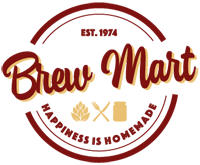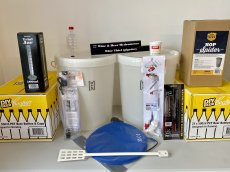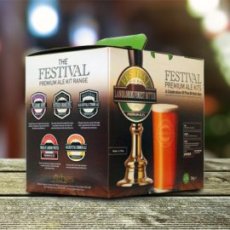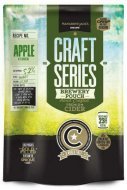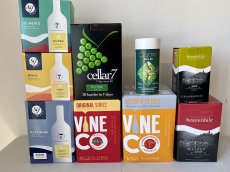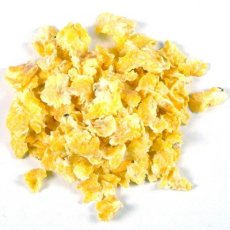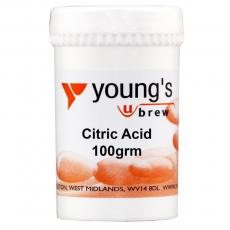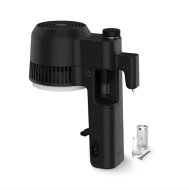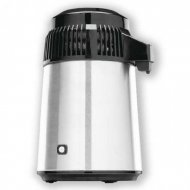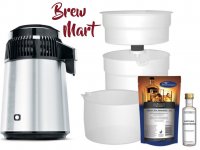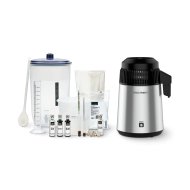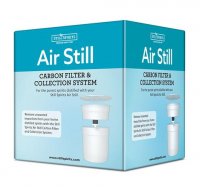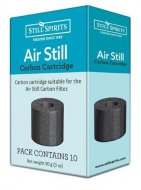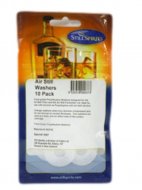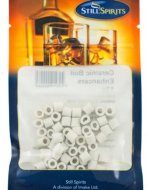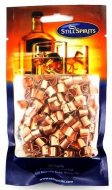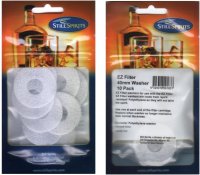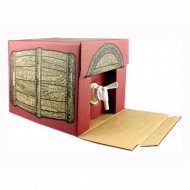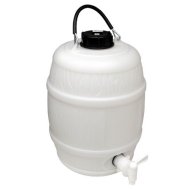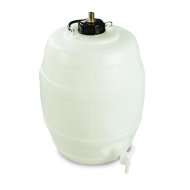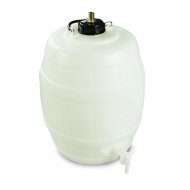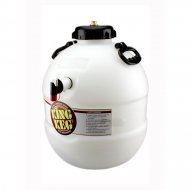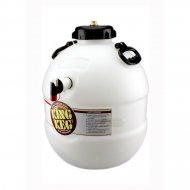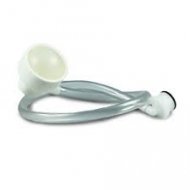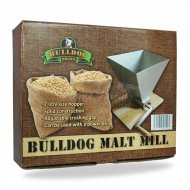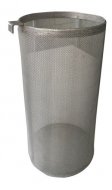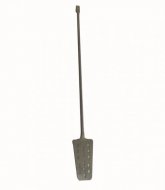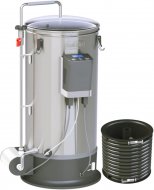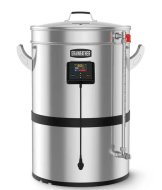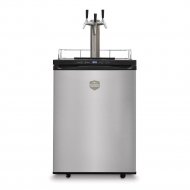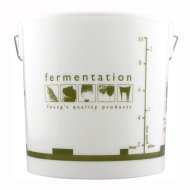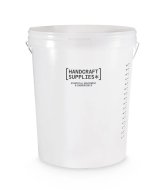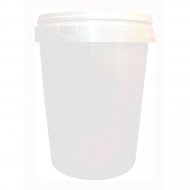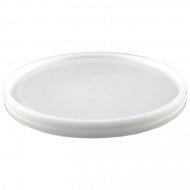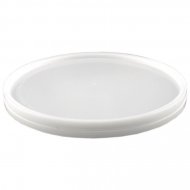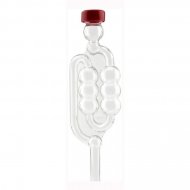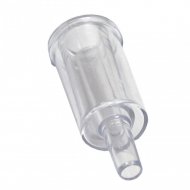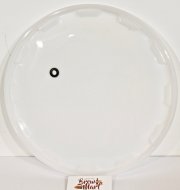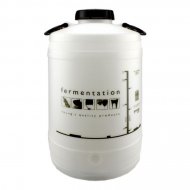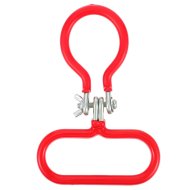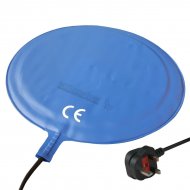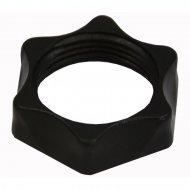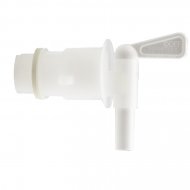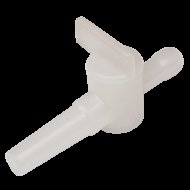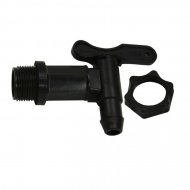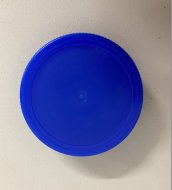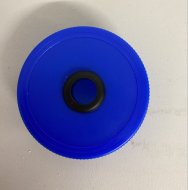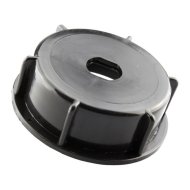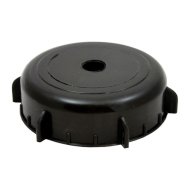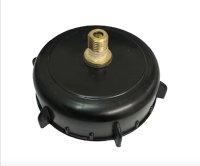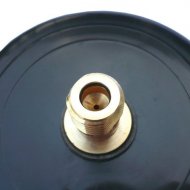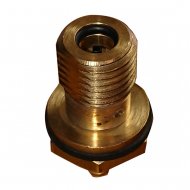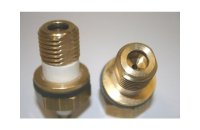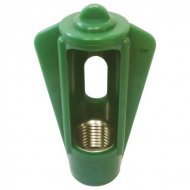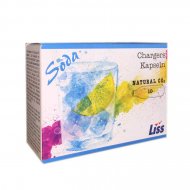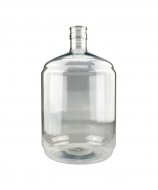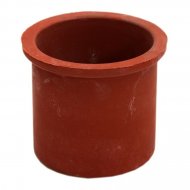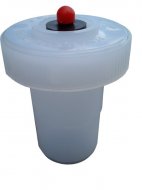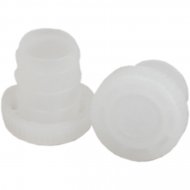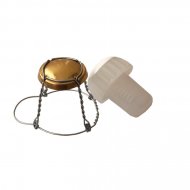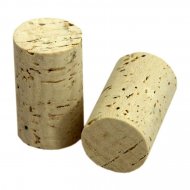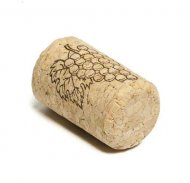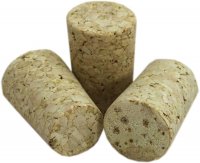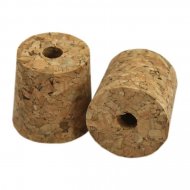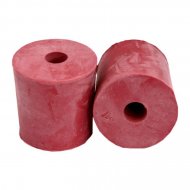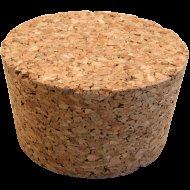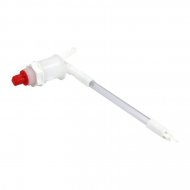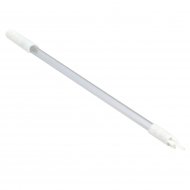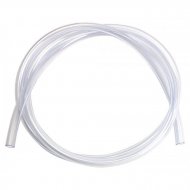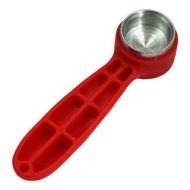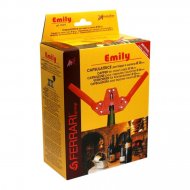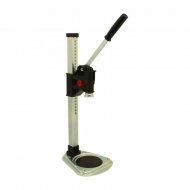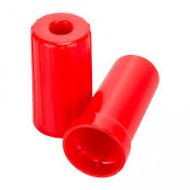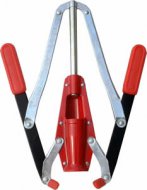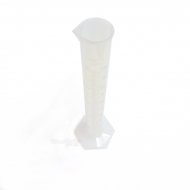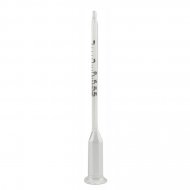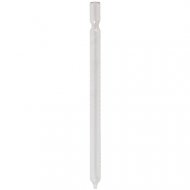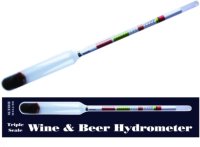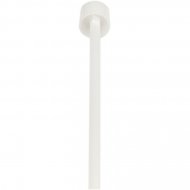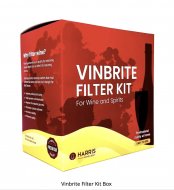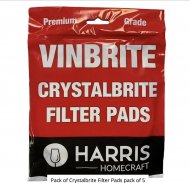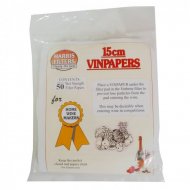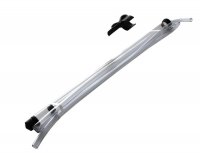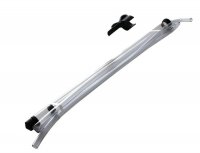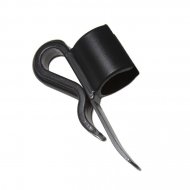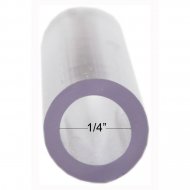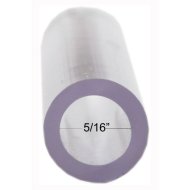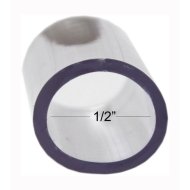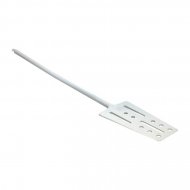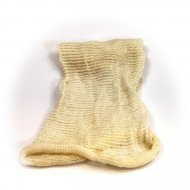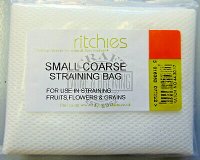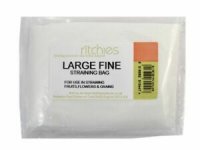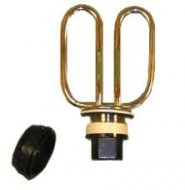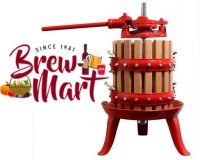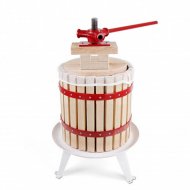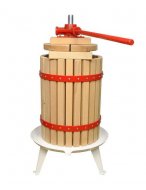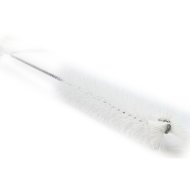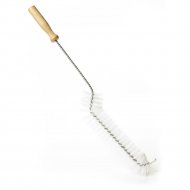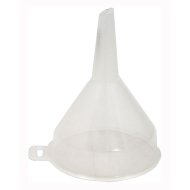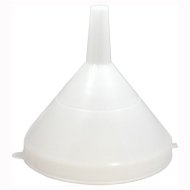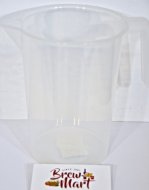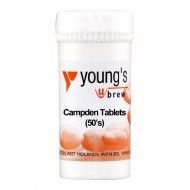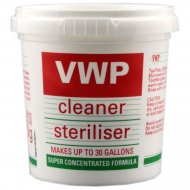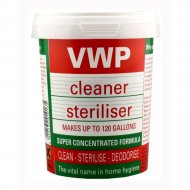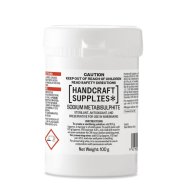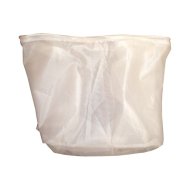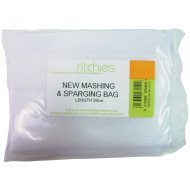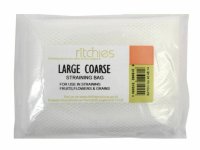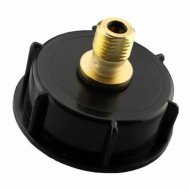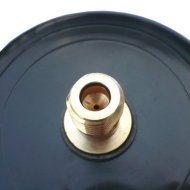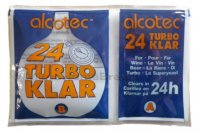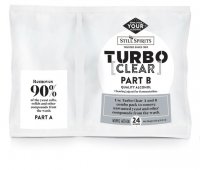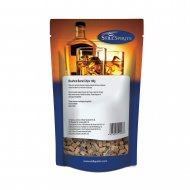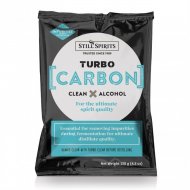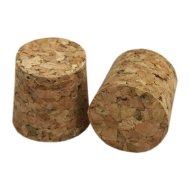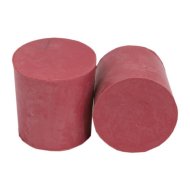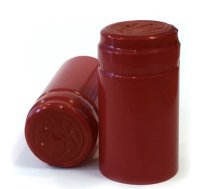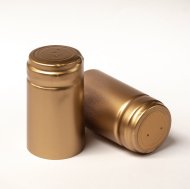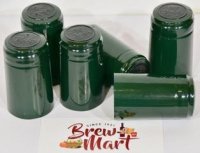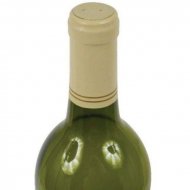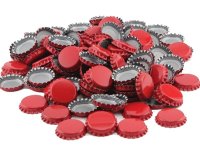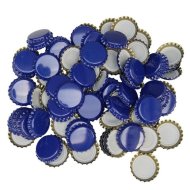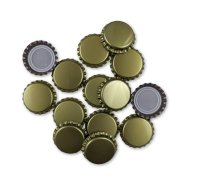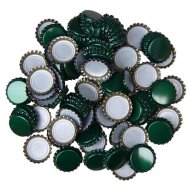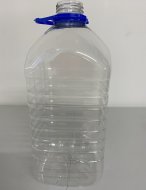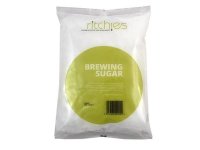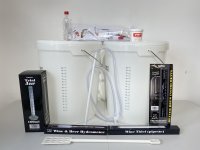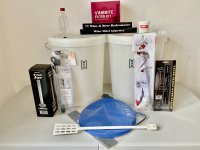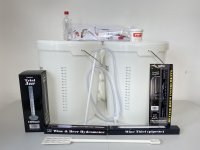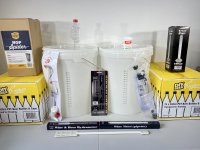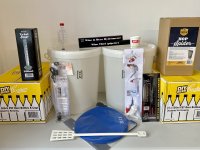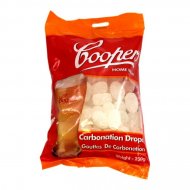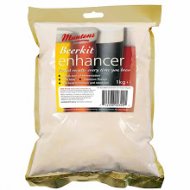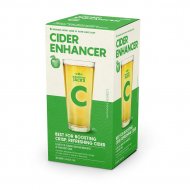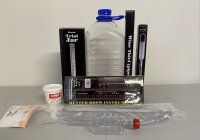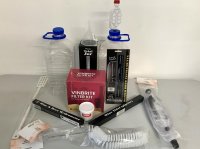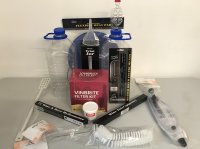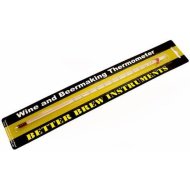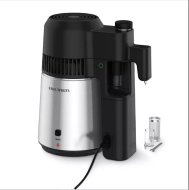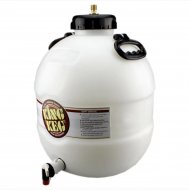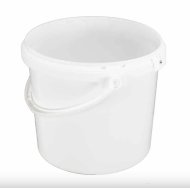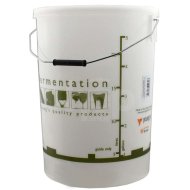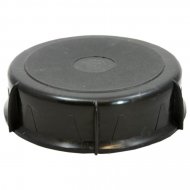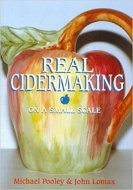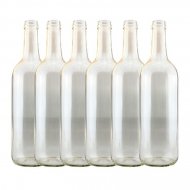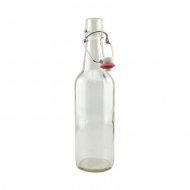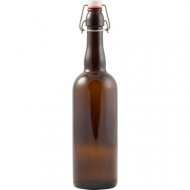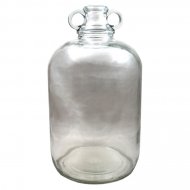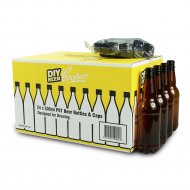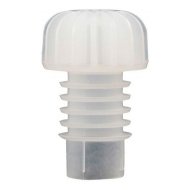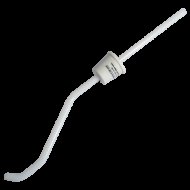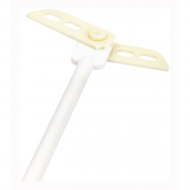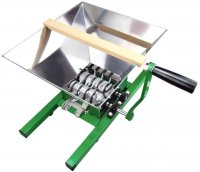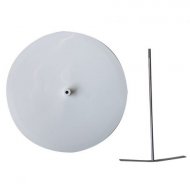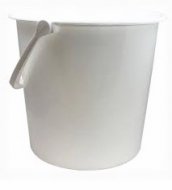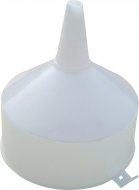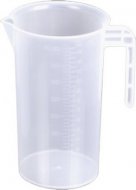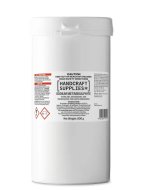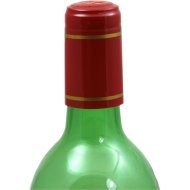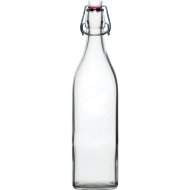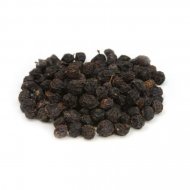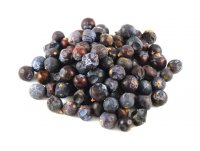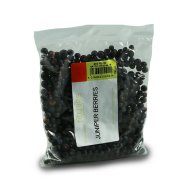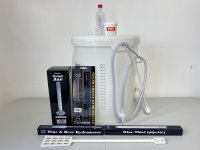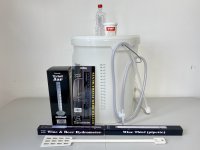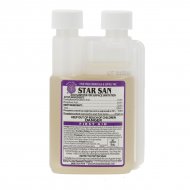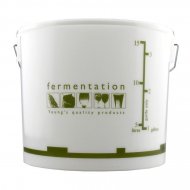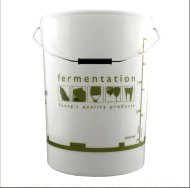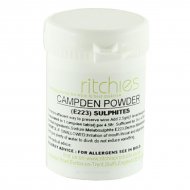Sign up to the Brew Mart newsletter for the latest news, offers & more
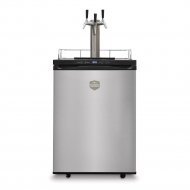
Home Brewing Equipment
Brew Mart has all the home brewing equipment you will ever need right here. near me.
Equipment for home brewing refers to the tools and machinery used in beer, cider, mead spirits and wine production or other fermented beverages. The specific items required depend on the type and scale of brewing.
Homebrew equipment UK can vary depending on the type of beer or other fermented beverage you're making, the size of the batch you want to brew and your level of expertise.
Still Spirits Air Still Mini Distillery Kit also known as Air Still Essentials Kit (UK)
Youngs Fermentation Buckets/Fermenting Bins with solid lid 60 Litres 13 Gallons
Which is the easiest to make, wine or beer?
The easiest home brewing method is to purchase a beer, wine or cider kit.
Making wine or cider requires fewer steps than making beer. It is what Brew Mart recommends if you're starting on your homebrew journey.
Winemaking involves adding yeast to fruit juice and waiting. Whether you press the juice yourself or buy it from a store, how you get it is the most important choice.
What is the equipment for home brewing called?
Fermentation Vessels are tanks, barrels, or other vessels where you hold the wort while it ferments into beer.
What equipment do I need to homebrew beer?
Before beginning your brewing journey, you must first understand the four key ingredients necessary to brew a batch of beer: water, fermentable sugar, hops, and yeast. Each component is integral to the recipe and must be cooked in a certain way to yield a successful batch of brew.
What are the four essential ingredients in beer?
- Grain (primarily malted barley, but other grains are available),
- Hops (grown worldwide in wide varieties),
- Yeast (responsible for fermentation; based on style-specific strains),
- water (accounts for up to 95 per cent of beer's content)
Here are some standard examples of brewers equipment:
- Brewing kettle or primary fermenter: A large vessel for boiling water, malt extract, hops, and other ingredients. The size of your batch should determine size. Ideally, it should be twenty per cent bigger than the brew you wish to make.
- Fermenter: A container used for fermenting your beer or wine. It can be a plastic bucket or a glass carboy. Some fermenters come with airlocks, which allow carbon dioxide to escape during fermentation. A secondary fermentation container aims to eliminate air contaminating the wine. Clear glass containers like demijohns are a great place to start, as they can be cleaned and sanitised easily. Keeping your containers small may be a good idea; a one-gallon size is excellent.
- Air Lock: You will need an airlock for the initial and secondary fermenter. The airlock is a simple one-way valve that allows the carbon dioxide to escape and does not allow air to enter.
- Auto-siphon: A marvellously easy tool for transferring beer or wine from one vessel to another without exposing it to oxygen. And it eliminates spills.
- Hydrometer: The hydrometer is an essential item of homebrew tools. The hydrometer allows you to take recordings of the fermentation process. A device used to measure the wort or fermented beverage's specific gravity or sugar content. Hydrometers can help you determine the alcohol content and track the progress of fermentation.
- Bottles: When your wine is ready, you will need something to store. Homebrew wine bottles are available in different sizes and with various closures.
- Bottle capper: A device used to seal the bottles with caps.
- Closures: Wine bottle closures can be swing-top closures. However, an exquisite way is to use corks and shrink caps.
- The Corker: If you wish to use corks, it is easier to use a corker. Corkers are available in different sizes, from hand corkers, which take a bit of force, to a corker that stands on the floor.
- A Funnel: Brew Mart recommends using a large funnel. It will come in handy for many processes during beer making.
- Cleaning and sanitising supplies: Brushes, detergents, and sanitisers are essential for maintaining a clean and sterile brewing environment. Keeping all of your equipment clean and sanitised is crucial to prevent contamination.
- Thermometer: A tool used to monitor the temperature of your brewing process.
- Mash paddle: A large spoon or paddle is used to stir the wort during the mash and boil.
- Mash tuns: Vessels mix and steep the grains in hot water to create the wort.
- Wort chiller: A device used to rapidly cool the wort after boiling to reduce the risk of contamination.
- Grain mill: If you use whole grains, you may need a grain mill to crush them into a finer powder before mixing them with water to create the wort.
- Pumps and hoses: Used to move liquids between vessels and equipment. It is advisable to use about six to eight feet of tubing, three to four centimetres in diameter. Clear tubing allows you to keep track of the flow of the wine as you rack and clear the wine off the sediment.
These are just some of the products that a home brewer may indulge in over time, but to start with, Brew Mart has put together an excellent Home Brew Starter Kit to get you going in this rewarding hobby.
As you become more experienced, you may want to invest in additional items, such as kegs, kegerators, and advanced brewing systems.
Impact on the Environment.
Homebrewing reduces the environmental impact of fermented beverages.
It uses less packaging and transportation than commercially brewed beverages and uses refillable jugs, reusable bottles, or reusable containers.
Check Out Sterilization and Disinfection
You may also like
A guide to brewing
